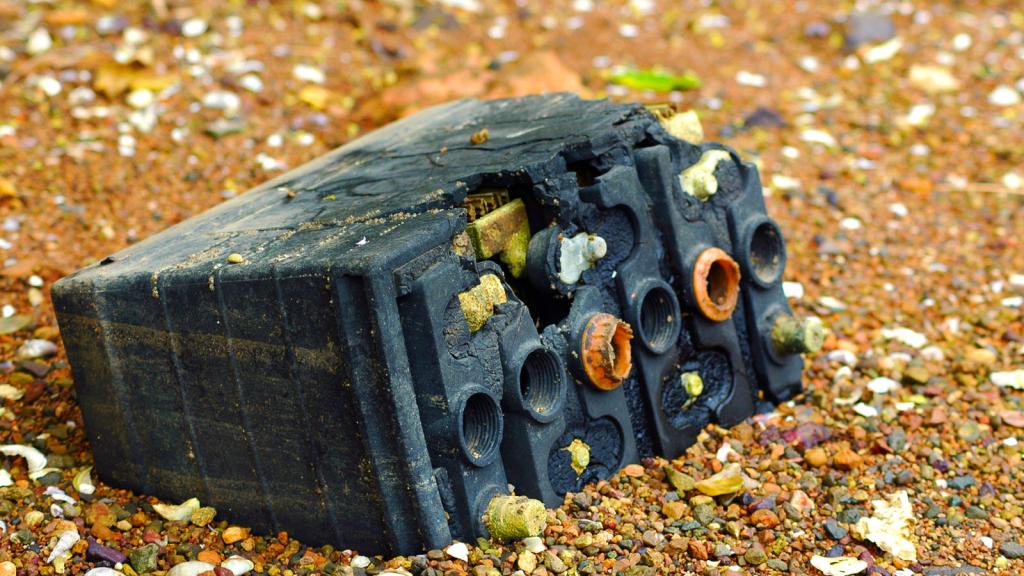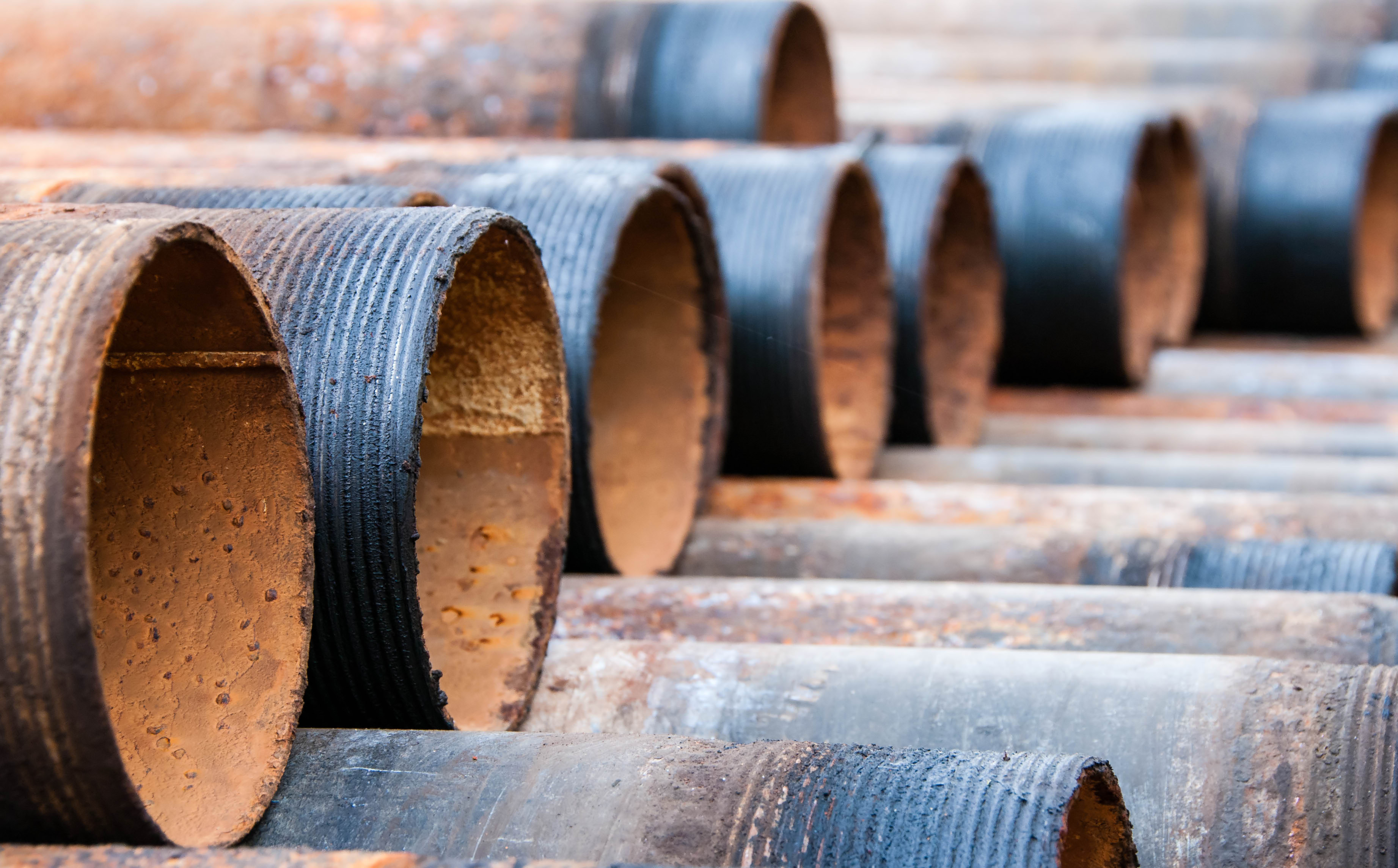For months now, I’ve been reading about the 180 miles of gas pipeline that energy giant Kinder Morgan is planning on running between Boston and New York state. First called the Tennessee Gas Pipeline (TGP) Northeast Expansion Project, then renamed the TGP Northeast Energy Direct Project, the pipeline was originally touted by New England’s governors as part of the area’s transition to clean energy. They wanted it so much that they proposed passing an extra tax on electricity users to pay for it.
Not everyone was excited, though. People living along the pipeline’s path worried about gas leaks on their property, as one does. Others pointed out that since the gas that would fill the new pipeline originated in the emissions-heavy fracking fields of Pennsylvania, Ohio, and Virginia, its claim to being “clean energy” were a little dubious.
Now, reports are that the pipeline is on hold, perhaps permanently.
What happened? The project had a lot of government firepower behind it (all the governors!) and since it wouldn’t cross any international boundaries, all it needed was the approval of the Federal Electrical Regulatory Commission (FERC), which regulates the interstate transmission of oil and gas, and which has a reputation for saying yes to pipelines.
What happened was a lot of little things. Massachusetts, in particular, was shaping up to be the problem child of New England. There were rallies and protests. There were arguments that the pipeline was suspiciously large — 15 times the estimated future capacity of the energy markets that it was passing through. Was it possible that the pipeline was less about lowering energy prices for east coasters, and more about creating a pathway to ship it overseas?
Property owners refused to let Kinder Morgan survey their property. Massachusetts senator Elizabeth Warren (who has criticized Keystone XL in the past) published an editorial against the project in the Berkshire Eagle. Warren wrote something that other critics of the project had mentioned: that New England should focus on repairing gas leaks in the pipes that it already has, instead of building new ones:
Before we sink more money in gas infrastructure, we have an obligation wherever possible to focus our investments on the clean technologies of the future — not the dirty fuels of the past — and to minimize the environmental impact of all our energy infrastructure projects. We can do better — and we should.
Meanwhile, this June, the U.S. Court of Appeals for the District of Columbia ruled that FERC had not done a good job assessing the environmental impacts of another Kinder Morgan pipeline. It was an unusual move, and one that could be used as precedent for challenging — or at least slowing down –other FERC approvals.
Kinder Morgan has not given up hope on the TGP Northeast Energy Direct Project. At a public meeting in Northfield, MA this week Kinder Morgan Public Affairs director Allen Fore told the assembled crowd that the company actually had enough money to build the pipeline through Massachusetts even without the tariffs — though Kinder Morgan hadn’t given up hope on that either. “Even though the tariff [tax] isn’t going to happen right now — it could happen next year; five years from now — our project is moving forward,” he said.
Other analyses of the situation were more sanguine. “It’s a big issue and it’s complicated,” Maine Public Utilities Chairman Tom Welch, told the Portland Press Herald about the hold on the pipeline’s plans. “Sometimes the universe shifts a little bit and we have to figure out what to do with the universe as it exists.”
The spread of local resistance to energy infrastructure projects — pipelines, but also coal terminals and fracking — is beginning to resemble the freeway revolts that sprang up across the U.S. in the 1960s and ’70s in cities like Boston, San Francisco, and New York. The freeway revolts aren’t remembered and memorialized the same way that the civil rights movement or the struggle for gay rights are. The closest thing they have to a saga is the battle over Manhattan that went on between Jane Jacobs and Robert Moses — that’s taken a few forms, most recently, an opera.
The freeway revolts aren’t widely remembered because they were, by definition, about neighborhoods rather than the nation. They were about a thousand tiny victories and setbacks. They were about individuals learning, on the grassroots level, how to use regional politics to their advantage. It’s premature to call what is happening around TGP Northeast Energy Direct a victory, but it is another thread in a larger story.



